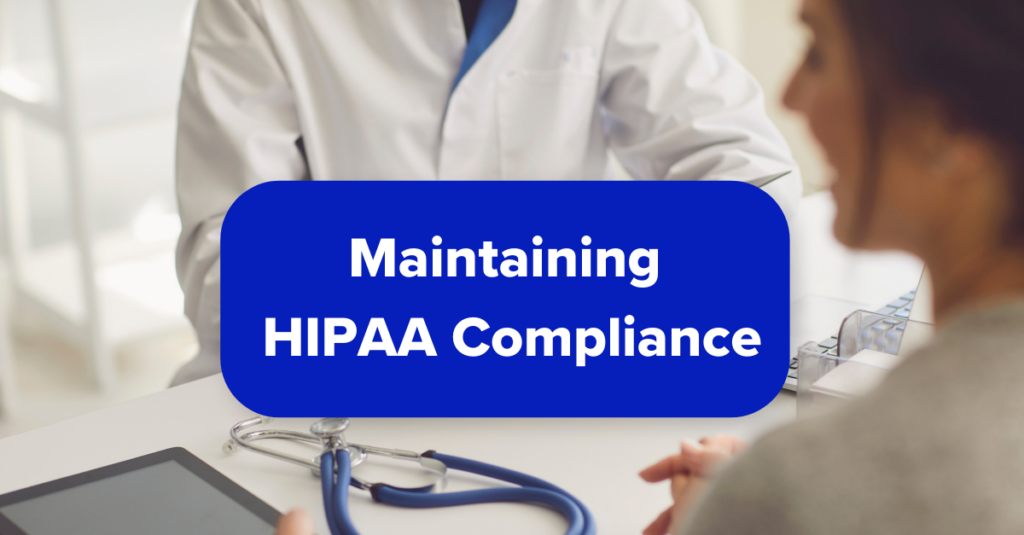The Health Insurance Portability and Accountability Act (HIPAA) sets rigorous standards for healthcare to protect sensitive health information (PHI) from unauthorized access, breaches and misuse. As a leader in BYOD workforce enablement, Venn has meticulously aligned its policies and procedures with HIPAA’s administrative, physical, and technical safeguards to meet these standards comprehensively.
In the following blog, we introduce policies and procedures Venn has taken upon itself to meet HIPAA requirements. For more information about each one, you can read the whitepaper about how we meet HIPAA compliance, here.
For more information regarding how we meet various compliance requirements, please contact us here.
- Administrative Safeguards – These include security management processes, assigned security responsibility, workforce security practices, information access management policies, security awareness and training, security incident procedures, a contingency plan, internal and external evaluations and Business Associate Contracts with subcontractors.
- Physical Safeguards – These include facility access controls, workstation use policies and device and media controls and procedures.
- Technical Safeguards – These include access control methods, audit controls, integrity measures, authentication procedures and transmission security controls.
- Documentation of policies and procedures. Venn’s documented risk management and assessment program includes ePHI.
We are committed to HIPAA, ensuring the highest level of protection for sensitive data, while maintaining trust and security in the healthcare industry. For more details about how we comply with HIPAA, get the full report.



